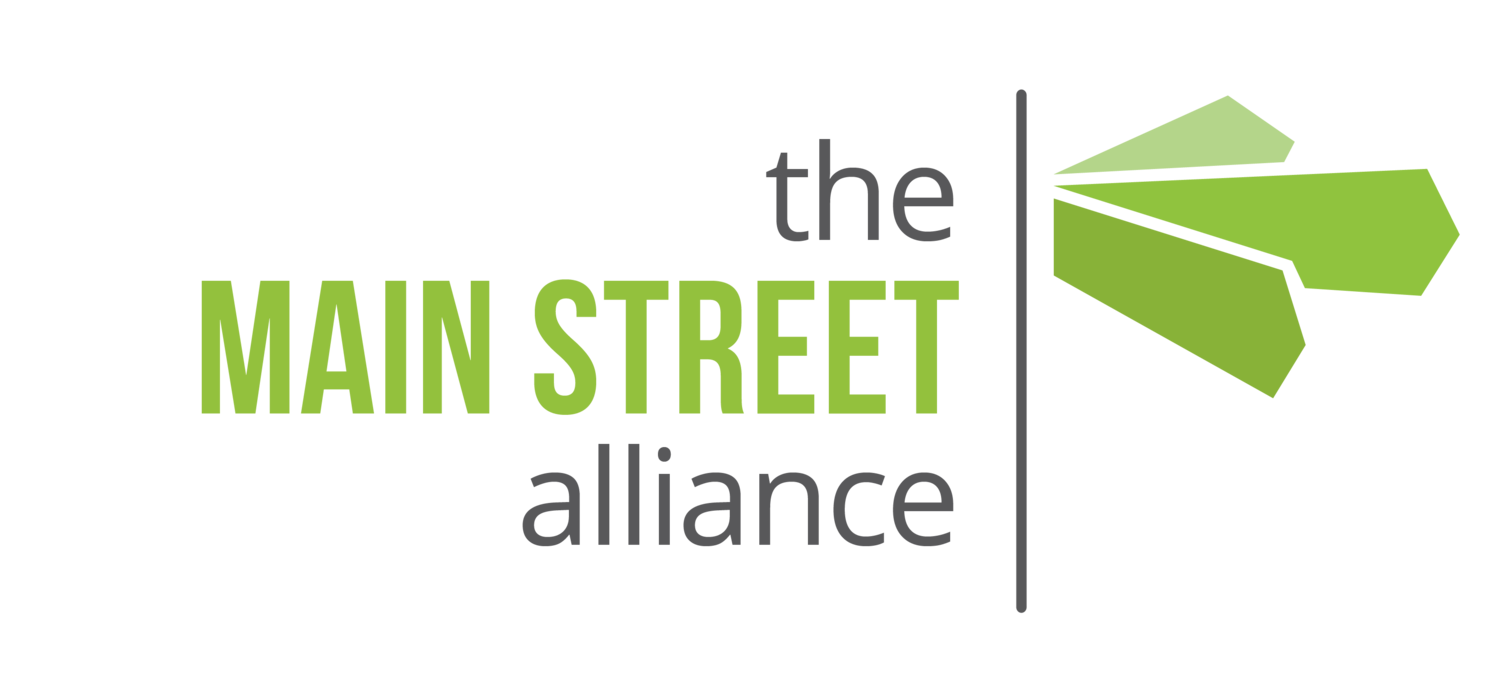Kroger-Albertson Merger is a Disaster for Small Businesses and Community Shoppers
Corporate consolidation will leave consumers with less options as small businesses are squeezed out of competition.
On October 4, 2022, Kroger, one of the nation’s leading grocery companies, announced its merger with Albertsons. This move has raised concern among the Federal Trade Commission (FTC), company employees, and Main Street Alliance due to potential implications for small businesses in the industry. The Kroger-Albertson merger will bring together two of the largest supermarket chains in the country and together they will operate in 48 states and employ nearly 710,000 people.
Kroger stated that the merger is intended to provide customers with fresher food faster and give them more options. But the reality is the merger could limit options, reduce wages and benefits, and ultimately push small businesses out of the industry.
"Two to three generations ago, grocery stores thrived in Black communities, particularly my hometown of Winston Salem. Access to healthy foods, and local jobs, enabled the communities to thrive. According to McKinsey research, 1 out of every 5 Black households is in a food desert. Mergers like these don't provide more options, it does the very opposite," said Chanda Causer, Main Street Alliance Executive Director.
In 2021, 21,574 small and independent grocers across the US made up 33% of all grocery sales. This success supported over 2 million jobs in both direct and indirect roles – an impressive feat that has been a significant increase from previous years. Kroger-Albertsons' acquisition threatens this progress by monopolizing 13% of the total market share; causing widespread concern among smaller grocer owners who worry about diminished competition threatening their livelihoods.
“The proposed Kroger/Albertsons merger will be a disaster for small and emerging independent brands. Continued consolidation and monopolization will severely limit the ability of small companies to compete in the larger marketplace.
Simply put, larger grocers have very little interest in working with small brands. It takes just as much (if not more) time and effort to onboard a small brand compared to a larger counterpart. The larger, more well-known brands will continue to flourish while small brands won't be able to ever make it to store shelves. Over time, all major grocery chains will look substantially similar with fewer choices offered to consumers,” said Main Street Alliance member Kyle Lafond of Wisconsin.
Main Street Alliance is committed to ensuring small businesses are able to fully compete in the economy. The Kroger-Albertsons merger will have a severe impact on small businesses around the country and we urge the FTC to deny their request.
###
